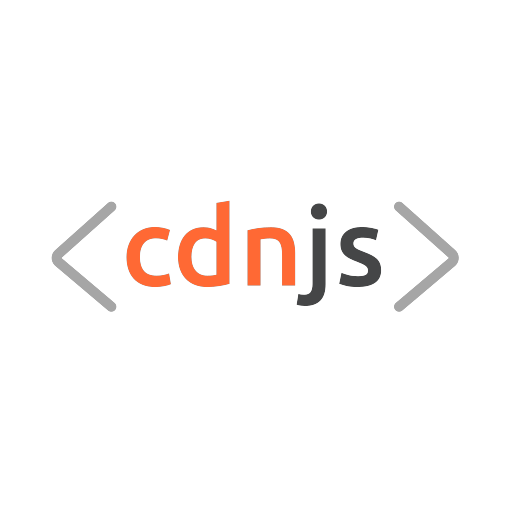Looking for the documentation on our API?
This project uses Node.js for development, and is deployed as a
Cloudflare Worker. Please make sure you have a Node.js version
installed that matches our defined requirement in the .nvmrc file for this project.
Included with this project is a dependency lock file. This is used to ensure that all installations of the project are using the same version of dependencies for consistency. You can install the dependencies following this lock file by running:
npm ciOnce the dependencies are installed, which includes the Wrangler CLI for Cloudflare Workers, you need to create the KV namespace for data caching before the API can be run. This command will ask you to authenticate with a Cloudflare account, so that the Workers KV namespace can be created:
wrangler kv:namespace create CACHE --previewCopy the new preview_id returned by the command and replace the existing preview_id in
wrangler.toml.
With the KV namespace setup, the API server is now ready to run in development mode. To start the server in development mode, run:
npm run devThis command will ask you to authenticate with a Cloudflare account, so that the worker can be deployed in a development context to Cloudflare's Workers runtime.
Our full set of tests (linting & a mocha+chai test suite using Miniflare to run the worker locally) can be run at any time with:
npm testIncluded in this repository are an eslint config file as well as an editorconfig file to help with ensuring a consistent style in the codebase for the API server.
To help enforce this, we use both eslint and echint in our testing. To run eslint at any time, which checks the code style of any JavaScript, you can use:
npm run test:eslinteslint also provides automatic fixing capabilities, these can be run against the codebase with:
npm run test:eslint:fixThe more generic rules defined in the editorconfig file apply to all files in the repository and this is enforced by echint, which can be run at any time with:
npm run test:echintThis project uses Mocha and Chai (http) to test the API server, along with Miniflare to run the Worker itself in a simulated Cloudflare Workers runtime. The tests attempt to validate every route on the API to ensure that no breaking changes have been made, though there is no promise that this is perfect, a human should always review changes!
The mocha test suite can be run at any time with the following command (it will build the worker using Wrangler, and then run it with Miniflare during the Mocha+Chai test suite):
npm run test:mochaWe use Sentry to handle our error logging. To enable Sentry in the API server, set the SENTRY_DSN
environment variable in the Wrangler config file for the appropriate environment to
a valid DSN URL from Sentry. The SENTRY_RELEASE environment variable can also be set to identify a
specific release of the worker (our GitHub Actions workflows for deployments set this to the current
commit hash).
Alongside the normal error reporting that Sentry provides in the worker, we also fire out custom error events for certain issues to help with improving data consistency across cdnjs:
Missing SRI entryis fired if there is no SRI hash for a fileBad entry in Algolia datais fired if an entry in Algolia is falsey, or if its name is falseyBad entry in packages datais fired if a package is falsey, or if itsname/versionis falsey
As this API server is written as a Cloudflare Worker, you can deploy it using the Wrangler CLI. This can be done manually, but this repository uses GitHub Actions to handle deploying to staging (api.cdnjs.dev) and production (api.cdnjs.com) based on commits to the staging/production branches, automatically handling not only deploying the worker but also creating a Sentry release with full source maps.
Before deploying, ensure that you generate the required KV namespace for the environment you are
deploying to and update wrangler.toml to use the correct ID:
wrangler kv:namespace create CACHE --env=staging
# or
wrangler kv:namespace create CACHE --env=productionTo deploy to staging (assuming you have write access to this repository), run make deploy-staging.
This will force-push your latest local commit to the staging branch, which will trigger GitHub
Actions to run and deploy your worker to Cloudflare Workers.
Similarly, for a production deployment, run make deploy-production. This will force-push to the
production branch instead, and trigger the production GitHub Actions workflow.
